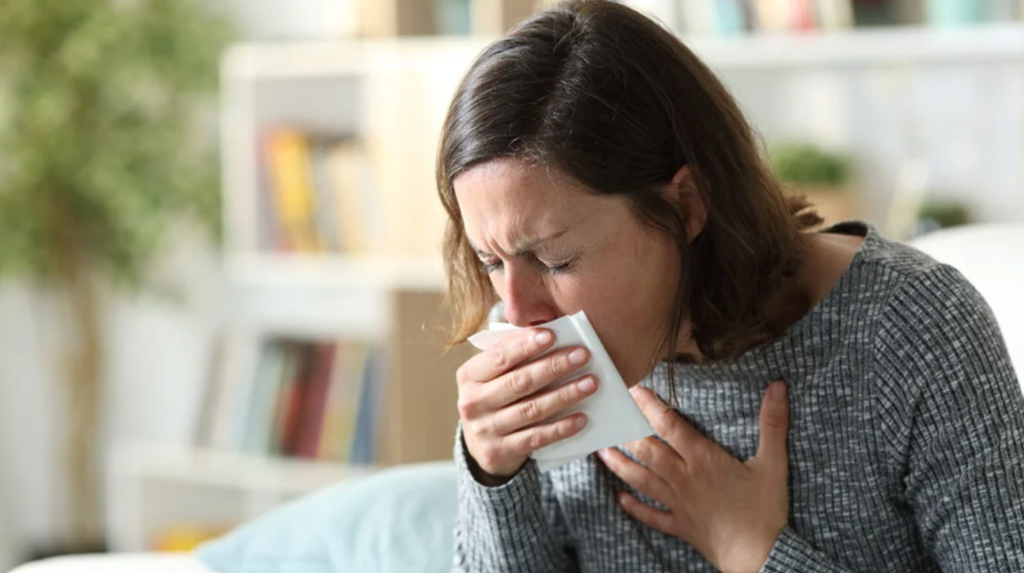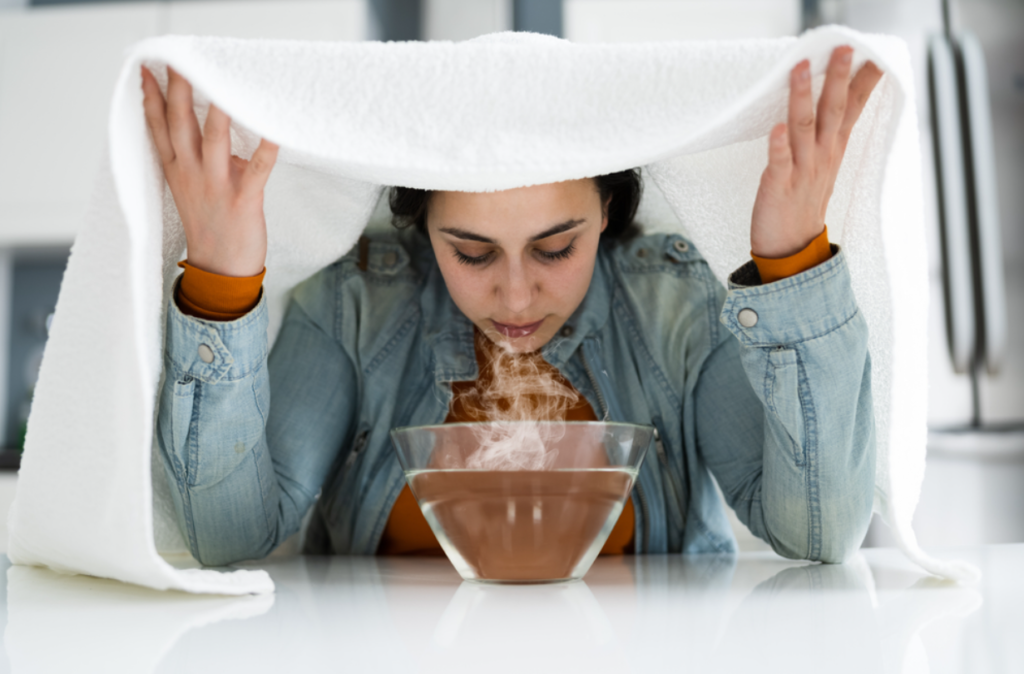Explore simple yet powerful home remedies that can ease coughing. Discover natural solutions for quick relief from coughs.
Coughs and colds are among the most common ailments that affect people of all ages worldwide. While often mild, these respiratory issues can cause discomfort and disrupt daily life. Whether dealing with a lingering cough or trying to combat a stubborn cold, finding effective remedies is crucial. Here, we delve into comprehensive solutions and strategies to alleviate these symptoms and expedite recovery.
ALSO READ: Understanding Common Winter Skin Problems
The Nature of Coughs and Colds
What Causes Coughs and Colds?
Coughs and colds primarily stem from viral infections, notably rhinoviruses. These infections affect the upper respiratory system, leading to symptoms such as a runny or stuffy nose, sore throat, coughing, sneezing, and sometimes fever. The common cold can spread easily through droplets when an infected person coughs, sneezes, or talks.

Effective Home Remedies for Cough and Cold
1. Hydration
Staying hydrated is paramount when combating coughs and colds. Adequate fluid intake, including water, herbal teas, and clear broths, helps soothe the throat and thin mucus, making it easier to expel.

2. Rest
Ample rest is essential for a swift recovery. Adequate sleep boosts the immune system, allowing the body to combat the viral infection effectively.

3. Steam Therapy
Inhaling steam can alleviate congestion. Taking a hot shower or using a humidifier adds moisture to the air, easing nasal congestion and throat irritation.

4. Honey and Herbal Remedies
Honey possesses natural antibacterial properties and soothes sore throats. Mixing honey with warm water or herbal teas can provide relief from coughing.

5. Gargling Saltwater
Gargling with warm saltwater can reduce throat inflammation and help alleviate discomfort. It also helps to break down mucus and reduces the severity of coughing.
ALSO READ: Unveiling The Marvels Of Tulsi-Infused Tea: A Wellness Elixir

Over-the-Counter Medications
1. Cough Suppressants
Over-the-counter cough suppressants can provide temporary relief by inhibiting the body’s cough reflex. However, these should be used sparingly and as directed.

2. Decongestants
Decongestants help reduce nasal congestion by narrowing blood vessels in the nasal passages. These medications are available in various forms, including oral tablets, nasal sprays, and liquids.

3. Pain Relievers
For alleviating discomfort and reducing fever associated with colds, pain relievers like acetaminophen or ibuprofen can be effective. However, it’s crucial to follow recommended dosages.

When to Seek Medical Attention
While most coughs and colds resolve on their own within a week or two, certain signs warrant medical attention:
- High fever
- Persistent coughing lasting more than three weeks
- Difficulty breathing or chest pain
- Severe headache or sinus pain
- Sudden worsening of symptoms
If experiencing any of these symptoms or concerns, it’s advisable to consult a healthcare professional promptly.
Prevention is Key
Preventing the spread of coughs and colds involves basic hygiene practices:
- Frequent handwashing with soap and water
- Using tissues or covering the mouth and nose when sneezing or coughing
- Avoiding close contact with sick individuals

Adopting these measures reduces the risk of contracting and spreading respiratory infections.
Managing and alleviating the symptoms of coughs and colds involve a combination of home remedies, over-the-counter medications, and preventive measures. While these strategies provide relief for most individuals, it’s crucial to seek medical attention if symptoms worsen or persist. By adhering to these remedies and maintaining good hygiene practices, one can effectively manage these common ailments and expedite recovery.
Click here, to HNN’s latest post.
ALSO READ: DIY Facials: The Ultimate Guide To DIY Facials At Home
Image Source: Google




































